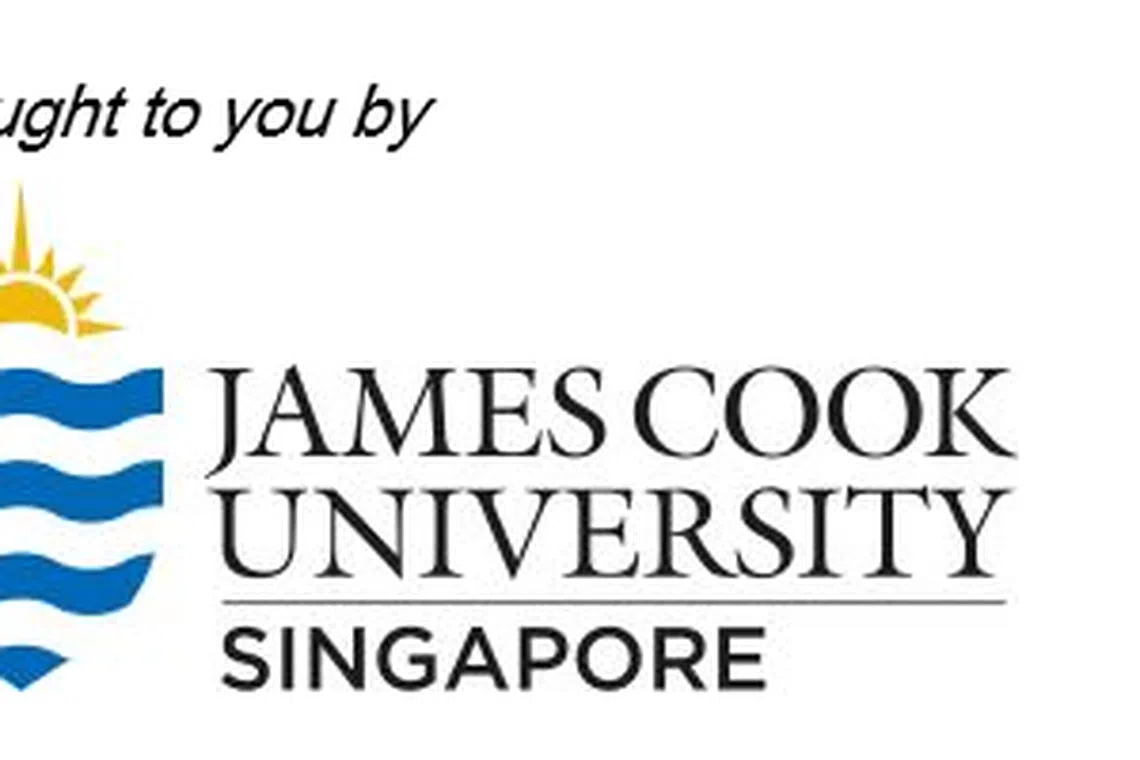With mental health issues on the rise, skills in guidance and counselling could be an advantage in the workplace
James Cook University's Master of Guidance and Counselling (MGC) programme offers students a holistic path to becoming professional counsellors who are evidence-based, multidisciplinary-partnership ready, and culturally responsive
With the Covid-19 pandemic raging on, more people are seeking therapy to cope with their mental health concerns and stress related to employment and family relationships. In September, five counselling firms reported an increase of 20 per cent in new cases from pre-pandemic years, according to The Straits Times.
Dr Frederick Low, Associate Professor of Counselling at the Singapore campus of James Cook University (JCU), observes a surge in demand for professional counsellors in various sectors.
"The problems of today are complex and multifaceted. Counsellors, along with social workers, psychologists, teachers and nurses, are part of our multidisciplinary response to challenges in human relations, mental health, and other social concerns," he says. This is, therefore, an opportune time to pursue a degree in counselling. Dr Low says programmes such as the Master of Guidance and Counselling (MGC) at JCU can help with early identification and intervention of mental health problems and other relational problems at home and at work, whether for a career change or giving back to the community. For mature professionals, this degree could add significant value to their current jobs.
He adds that a greater understanding of workplace mental health through the MGC would benefit those who lead, manage and grow teams. "Counsellors are an asset to corporations that strive for sustainability through employee well-being, and staff in need will receive better support during personal and well-being crises.
"Organisations also value staff trained in counselling because they can support the organisation's effort in addressing other workplace issues, such as bullying and harassment."
Broad-based training
Navigate Asia in
a new global order
Get the insights delivered to your inbox.
JCU's MGC programme has trained counsellors in Singapore for more than decade and offers a holistic education path. In addition to providing foundational to advanced counselling skills and clinical assessments, topics such as Atypical Development and Career Guidance develop students' understanding of issues across the lifespan. Moreover, subjects in leadership and research help new counsellors stay up to date on the latest research and prepare them for leadership positions.
Dr Low points out that the MGC teaching faculty is well connected and respected in the local counselling sector. The regular interaction with Australian teaching colleagues also ensures the programme is relevant locally and regionally.
As a programme recognised by both the Singapore Association for Counselling and the Australian Counselling Association, the MGC offers graduates the mobility and recognition they seek, he says.
Clinical exposure is another unique feature. Clinical placements at local and international schools, social service agencies and private counselling centres offer authentic learning experiences. During the practicum, each student is supported by a dedicated team, including the practicum subject lecturer, a clinical supervisor who is usually a Singapore Association for Counselling-registered counsellor, and the resident faculty overseeing the MGC.
The programme is also regularly reviewed to keep it up to date with the times. In recognition of the complexity of today's mental health issues, a recent review saw the addition of two more elective subjects from social work. There are also electives from counselling, education, and career development.
For those looking to work in schools, Dr Low suggests electives such as Educational Research and Educational Leadership. A new elective - Social Welfare Practice with Children and Families - focuses on child protection and family violence from the social work genre.
A diverse classroom
Today, JCU MGC graduates work in diverse roles - as professional counsellors in schools and colleges, in family service centres and youth programmes, and as executive and career coaches in corporations. Some are private practitioners running their own clinics, while others are lecturers in counselling. Most operate in Singapore, and some work overseas in countries such as the UK, US and Australia.
According to Dr Low, MGC attracts a diverse group from various walks of life. "Students interact with people from different age groups, life stages, cultural backgrounds, and different experiences throughout the programme. It is a great way to know more about counselling and how to properly relate to others."
The programme also often attracts successful mid-career individuals from the corporate world, such as bankers, lawyers, senior executives, who want to "give back to society". They may be in human resources, executive coaching or have extensive frontline experience. Most importantly, Dr Low notes that they are motivated to learn the right skill sets such as counselling to devote their future to helping others.
There are also those already working in related fields, such as social workers, nurses, teachers and community workers. Being trained as a counsellor will upgrade their skills and enable them to help more vulnerable groups. Most take the MGC to become registered counsellors with the Singapore Association for Counselling.
A good number of fresh graduates with a first degree in psychology, sociology, nursing, education and related fields may also take on the MGC to pursue a professional counsellor career.
The MGC is available as a two-year part-time programme. In addition to JCU Singapore's trimester system, this allows students to pace their progress. For instance, they can earn their MGC while balancing work and family by taking one or two subjects each trimester.
Dr Low says, "The interdisciplinary approach, the carefully curated clinical placement experience, and the diversity of peers in the MGC, all work together to create future professional counsellors who are evidence-based, multidisciplinary-partnership ready, and culturally responsive."

Decoding Asia newsletter: your guide to navigating Asia in a new global order. Sign up here to get Decoding Asia newsletter. Delivered to your inbox. Free.
Copyright SPH Media. All rights reserved.
